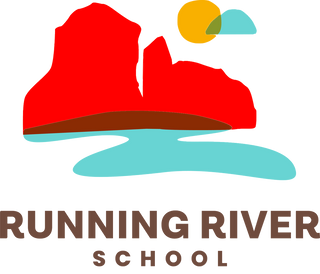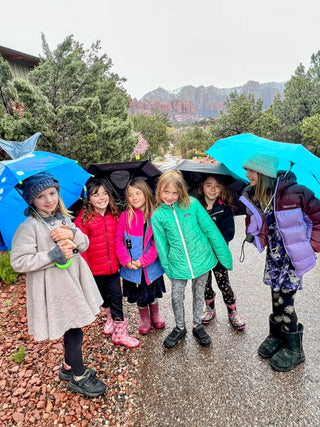Curriculum Skills Overview
- Theme: Legends, saints, fables
- Place value, addition and subtraction of large numbers by carrying and borrowing, regrouping, number patterns, all four arithmetical operations, multiplication tables
- Phonetics; reading and writing letters; words and sentences; drama; reading in groups; library time
- Painting, Drawing, Form Drawing, Beeswax Modeling
- Handwork
- Music
- Physical Education/Movement/Games
- Spanish
- Class Play
Life Skills
- Conducting responsible tasks
- Participating in class/group dialogues
- Experiencing stories and texts that envision moral themes, situations and outcomes through heroes and fables
- Accepting responsibility for clean-up duties and regular chores
- Continue to develop social skills initiated in first grade: respect
for teachers and classmates, ability to adapt the needs of the self to
the needs of the class - Contribute to the community of the class, helping others, doing classroom chores, being willing to do what is asked
- Begin to work individually and cooperatively within small groups
- Work within the large group in timely fashion
- Reinforce and encourage good manners
- Begin to work with process to resolve conflicts
- Develop listening skills and empathy
Detailed Curriculum
A typical second grader begins to show a greater curiosity and awareness of the world, including the differing strengths and abilities in themselves and others. Second grade bridges the imaginative dreaminess of first grade and the dramatic birth of the individual in Third Grade. The social life of the second grader can be full of deep love, playfulness, hard work, and creativity. This stage of life also typically includes a tendency toward the polarities of being human as they seesaw through moods, social engagement, moral questions, and intellectual challenges. The developing feelings of sympathy and antipathy can create challenges for their peers and the adults in their lives, and require more compassionate, patient and creative responses.
At this time, the curriculum should support their development toward love, justice, truth, beauty, and self-confidence. This is done through a multitude of methods, but most objectively through the thought-provoking story content of heroes and fables. Age-old legends are told to highlight a human's ability to overcome adversity. Children start to experience and explore both the positive and challenging aspects of personality.
Language Arts
- Writing
- Reading
- Elements of Grammar
- Speech Formation
- Dramatics
Grade two storytelling focuses on traditional fables that satisfy children's deep interest in the animal kingdom, and legends that emphasize the noblest of human qualities, highlight positive and negative human traits and demonstrate a person's ability to choose a higher path. These stories speak directly to the inner-life and experience of the second grader.
Mathematics
- All Four Operations (addition, subtraction, division, multiplication)
- Geometric Movement
- Place Value
- Carrying/Borrowing
The children's understanding of number quality is broadened through the study of place value (1-1000), and the children learn to add and subtract large numbers by carrying and borrowing. They continue to work with all four arithmetical operations and the multiplication tables. Mathematical concepts continue to be shared with imaginative stories forming the basis of problems.
Natural Sciences
- Nature Study
Daily exploratory walks reveal the natural world and serve as a simple introduction to environmental science providing the basis for later studies in both science and geography.
Social Sciences and Pre-History
- Multi-Cultural Fables
- Legends
- Hero Stories
Celtic and native stories are told to highlight moral and life lessons bringing an awareness of cultural diversity and other key values.
Fine Arts
- Watercolor Painting
- Drawing
- Beeswax Modeling
- Form Drawing
Drawing enhances motor skills, awakens powers of observation, and provides a foundation for the introduction to handwriting, and the later study of geometry.
Handwork
- Crocheting
- Hand Sewing
- Knitting
- Making Soft Toys
To support fine motor skills and assist in mathematical learning, knitting, crocheting and sewing are exceptional tools that support quiet study and concentration.
Music
- Singing
- Pentatonic Flute
Songs, rhythm activities and the further study of the pentatonic flute are all a part of the elementary years. The children learn to play their flutes by ear, carefully listening and watching their teachers, and growing accustomed to the sound of music, which supports their capacity for concentration. In the 4th grade, students are introduced to stringed instruments.
Physical Education
- Cooperative Games
- Outdoor Activities
- Nature Walks/Hikes
- Nature-Based & Curriculum-Related Field Trips
- Recess/Freeplay
Physical activity is a key component when inspired by Waldorf education. Seen as a necessity for all children, movement throughout the day supports learning and physical development.
Admissions Inquiry
Running River School uses an open enrollment model whereby a student may enroll at any point in the year (up through April 15). Please inquire about openings or to be placed on a waitlist.

